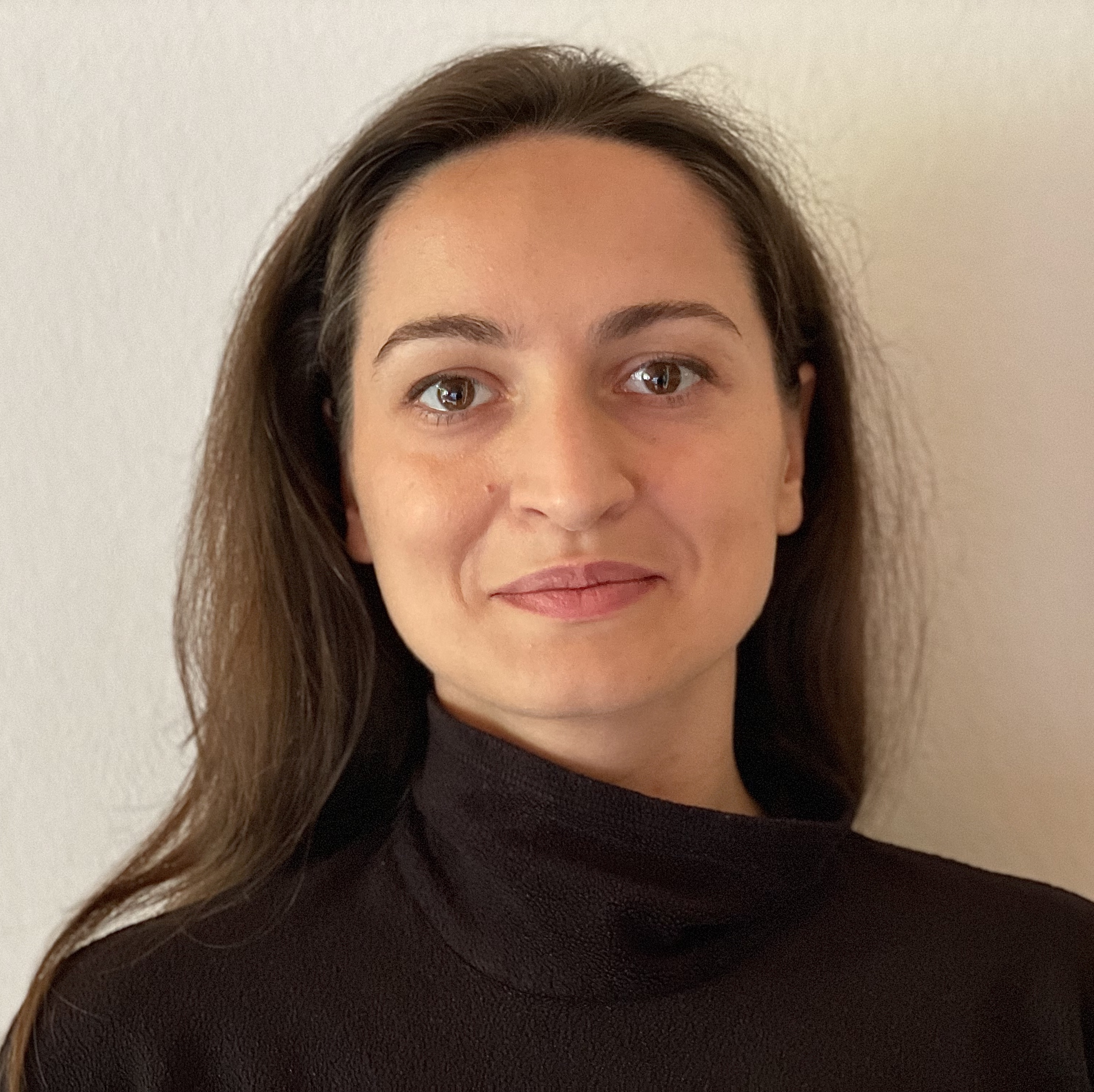Keynotes
Keynote 1 — From regulations to implementations: Building information access systems in the public interest
Dr. Asia Biega, Max Planck Institute for Security and Privacy (MPI-SP)

Keynote Abstract
Policies and regulations are some of the pillars of responsible computing. Their goals are broad: from user data protection, through securing the rights of training data contributors, to addressing broader considerations such as protecting society from systemic risks. Yet, despite the growing number of such regulations, the practical implementation of their underlying requirements in information access systems often falls short. This talk will explore the computational and organizational factors contributing to these shortcomings and discuss how researchers and practitioners can contribute to improved governance of information access technologies in the public interest.
Speaker Bio
Dr. Asia Biega is a computer scientist and a tenure-track faculty member at the Max Planck Institute for Security and Privacy (MPI-SP) where she leads the interdisciplinary Responsible Computing group. Her research explores the intersection of computing and society, with a focus on tech governance & regulation, social responsibility, and digital well-being. She is a principal investigator in the CASA Cluster of Excellence and the FINDHR consortium, and has collaborated widely across disciplines and sectors. She has served as an external expert for the European Commission, a Steering Committee member of ACM FAccT, as well as the General Co-Chair of FAccT 2025, the biggest academic conference focusing on the societal impacts of computing. Her work has been recognized with Council of Europe’s Rodota Award for innovative research in data protection, SaTML Notable Reviewer Award, the GI-DBIS Dissertation Award of the German Informatics Society, and she has been named one of the 2025 “100 Brilliant Women in AI Ethics”.
Keynote 2 - Multimodal Health Data: From Representation to Causal Understanding
Prof. Thomas Demeester, Ghent University

Keynote Abstract
Healthcare generates rich observational data in multiple modalities—including tabular records, clinical notes, medical images, and others. Effectively combining these modalities with expert knowledge, such as clinical rules and biomedical knowledge graphs, opens opportunities for predictive analytics, enhanced clinical decision support, and even answering causal questions. I aim to talk about our recent work in this area, including representation learning, information extraction, language model alignment, and causal effect estimation —with emphasis on the latter, as I strongly believe causal machine learning will only gain in importance in the future to support clinical practice and improve patient outcomes.
Speaker Bio
Thomas Demeester is an associate professor at the Internet Technology and Data Science Lab (IDLab), Ghent University - imec, Belgium, where he co-leads the Text-to-Knowledge research cluster. His research focuses on machine learning and AI with healthcare as a key application domain, exploring neuro-symbolic AI, energy-based models, diffusion models, and very recently causal inference. Thomas received his Ph.D. in electrical engineering from Ghent University in 2009, after which he moved to computer science, working in Information Retrieval (with the organization of DIR2012 in Ghent), natural language processing, and machine learning, including a stay at University College London’s Machine Reading lab in 2016. Since his appointment as assistant professor in 2019, he has built a research program bridging advanced machine learning and healthcare applications, collaborating with hospitals, biotech companies, and international research partners.